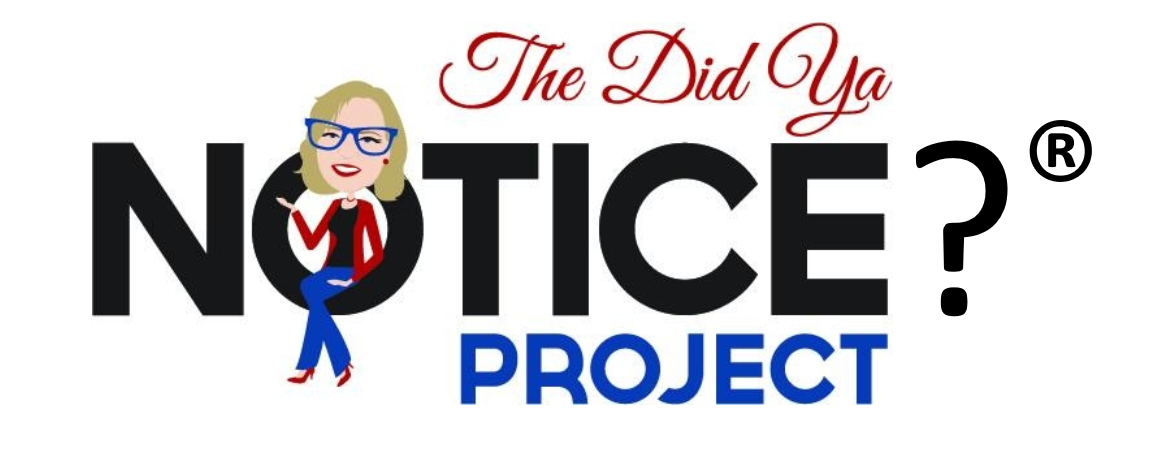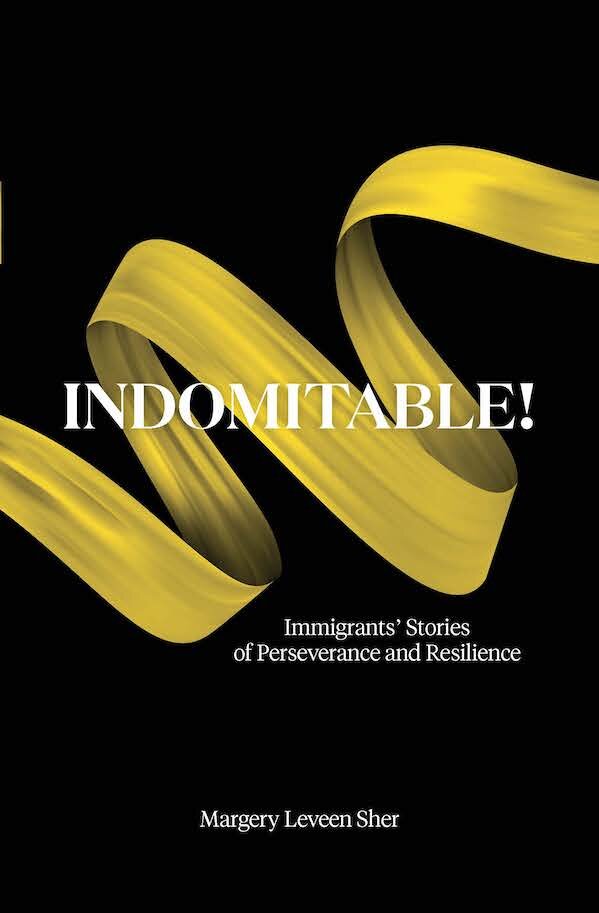Thanksgiving
Thanksgiving is one of my favorite holidays because it is cozy and low key. What could be better than a holiday set aside for eating with friends and family, and maybe remembering to be thankful?
Here is some of what I am thankful for: the smell of lemons, the variety of clouds in the sky, the sight of toddlers just learning to walk, Charles Dickens, songs I can belt out loudly and off-key while on the treadmill, summer, laughter, and of course….trashcans.
|
|
©2011 Margery Leveen Sher
|
Merry Christmas! And Why I Love America
Yesterday before I went to work, I did some errands up and down the block where I live in the city.
First I greeted the street vendor and bought a bottle of water from her. “Merry Christmas,” she said. She is a Muslim.
Then I went to the market across the street to get some milk. “Merry Christmas,” said my friend the check-out clerk. He is a Buddhist.
I was lucky to find the cleaner’s delivery truck pulling up as I opened the door to the shop. “Merry Christmas,” said the driver from under his Sikh turban.
To each I replied with a hearty Merry Christmas! This from a nice, Jewish girl. So Merry Christmas everyone, but which I mean good wishes for peace on Earth and goodwill toward everyone, and hope for a healthy and happy, new year – a year in which we all find joy in helping others, our Earth, and the quest for peace.
© 2008 Margery Leveen Sher
Is Tolstoy Right About Families?
“Happy families are all alike; every unhappy family is unhappy in its own way.” This is how Anna Karenina begins. I have been reading Anna Karenina all year, [Have you ever taken a full year to read a book? I think I am absolutely disgraceful!], and I am still not finished, so I have yet to judge how Tolstoy will prove this to be true.
However, this declaration strikes me as false. Since every family, and every person, is touched by happiness, sadness, worry, sickness, pride, satisfaction, anger, delight, and, in short, every human emotion, the extent of happiness, I think, is how we make peace with the negatives and are able to focus on the positives.
Some have more trouble making this peace than others, due to illnesses - mental and physical - and extreme hardship, but nonetheless the extent that one can do that goes far to determine one’s level of happiness.
I would say happy families put up with, with good nature, the foibles of their relatives and do not bear grudges, and are helpful to one another. Unhappy families are stuck in a negativity of the past.
So maybe now that I am thinking out loud, I am beginning to believe that perhaps Tolstoy is right. Happy families all have short memories; unhappy families dwell on their particular “slings and arrows” of the past.
© 2012 Margery Leveen Sher
I Love A Philanthropist 900 Years Old
I love the 12th century Jewish philosopher, Maimonides. Maimonides puts forth eight levels of giving, from the least to the highest:
8. Giving grudgingly.
7. Giving less than one could or should, but willingly.
6. Giving directly to the poor upon being asked.
5. Giving directly to the poor without being asked.
4. Giving when the recipient knows who you are, but you don’t know the identity of the recipient.
3. Giving when you know the recipient's identity, but the recipient is unaware who donated.
2. Giving when the donor and recipient are unknown to each other (through a third party).
1. Preventing people from becoming impoverished or lifting them out of poverty by providing a loan, or helping them establish a business, or find employment. This is similar to the ancient Chinese adage: give a man a fish and you feed him for a day; teach a man to fish and you feed him for a lifetime.
© 2012 Margery Leveen Sher



